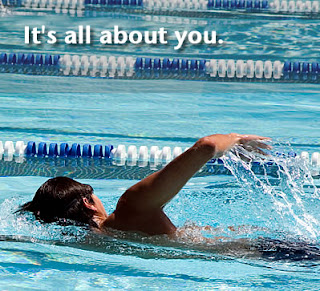Firstly, there's the overcoming of the language barrier. I was brought up in New Zealand from a young age and thus developed an almost-innate ability to speak English. Seeing many people now struggling to learn the most commonly spoken language in the world, I feel glad that my parents decided to move. Being able to read, speak, and understand English meant that I had access to a new branch of literature, art, music, and persepective. I believe that every language brings a different culture... that every language fills a person with different qualities. For example, have you ever found yourselve unable to express something in English so you have to resort to another language? Perhaps it's the other way around? It's not the vocabulary you're looking for, its the meaning that is only familiar in that language. From English I gained sarcastic witticism and wordplays while from Korean I learned surrealism and ability to portray different meanings to different tones.
Another advantage of having a different background is that I lived in a diverse, multi-cultural country. My friends consisted of people from over at least 20 different nationalities. I was able to learn things from my friends that I could not find in any encyclopedia. You begin to make networks, learn universal languages such as humor, and even start to become attractive to the opposite sex of different cultures. You begin to taste a bit of the diverse world we live in. Don't you find it interesting how even though we are the same human beings, living in different countries can drastically affect how we act towards strangers? I've noticed how students at KAIST who are from overseas (independent of whether they are foreign or Korean) are more willing to meet new people and make friends than the students who have lived in Korea their whole lives.
There are some things that are much better in asian countries than western countries. Since, especially in Korea, asian countries believe in a strict education system, the students have strong motivation and are usually very diligent. However, western cultures believe more in the well-roundedness of the qualities of a person. The common belief is that a human being should be more of a person than a calculator or computer. If a person is stuck with his or her head in books all day, how are they going to know how to apply all that knowledge? The highschool where I came from made it compulsory for all students to participate in co-curricular activities as well as to learn foreign language in the freshman year. It also encouraged students to learn music and art. Even though they did not focus purely on keeping grades up, the end result was that these students became quite talented in areas they did not expect.
Everyone should have the chance to experience the world.














